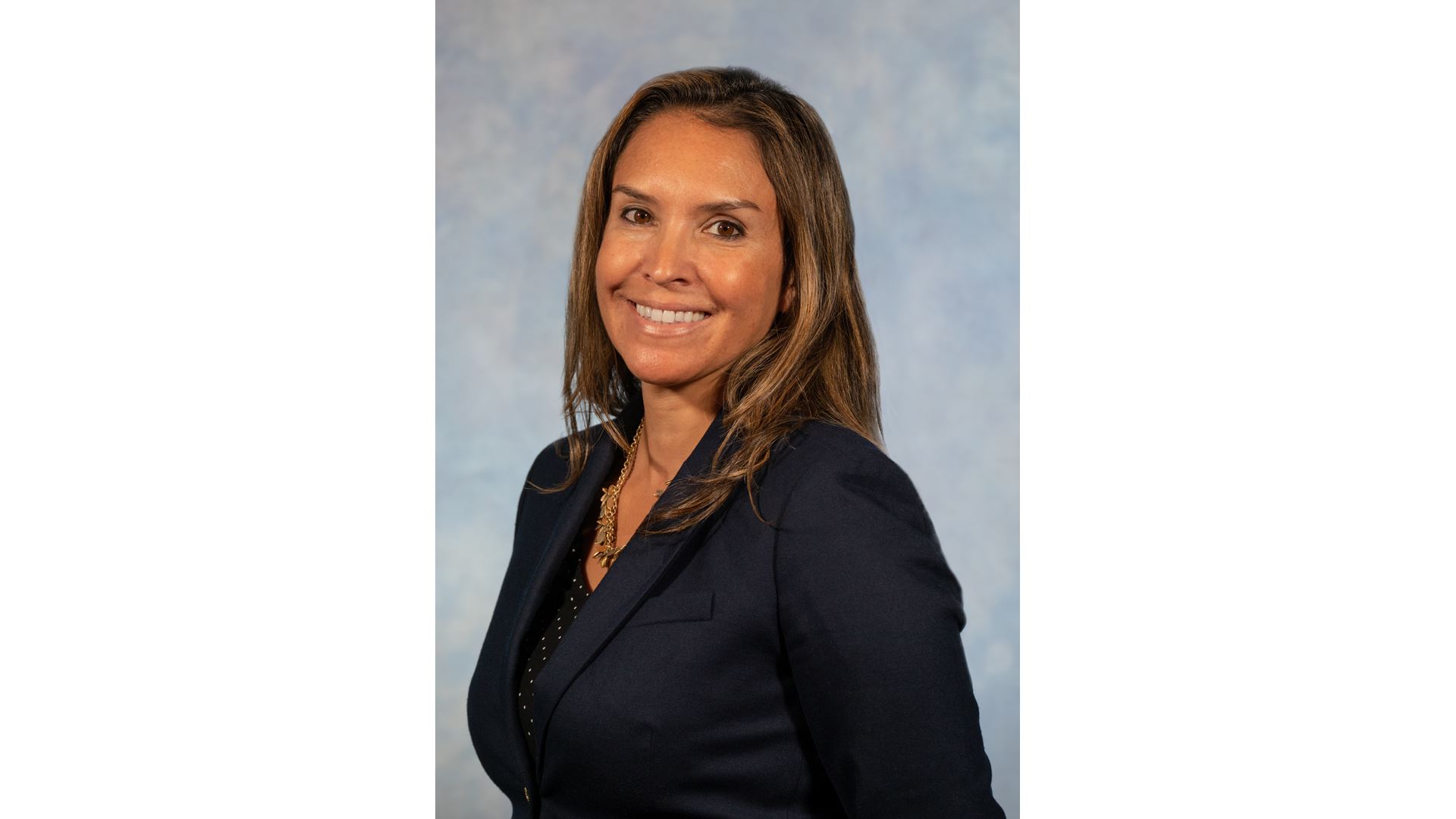Jessica Perea Houston, chemical and materials engineering professor at New Mexico State University, is heading to São Paulo, Brazil in early February as a Fulbright Faculty Fellow, her second such award. She will pursue collaborative biomedical research projects. Houston will work with faculty and students at the Instituto de Quimica Universidade de São Paulo (IQ-USP). Their work may impact cancer research and diagnostics for neurodegenerative disorders.
Houston’s career has long been focused on cytometry, the measurement of cells and cell systems using quantitative and cutting-edge optical-based technologies to identify the characterization, organization and structure of cells. These technologies are widely used in the diagnosis of immune disorders, including cancers in the blood. Cytometry is also used to study a variety of cell types including in plants and other biological systems.
In Brazil, Houston will work with Biochemistry and Neuroscience Professor Henning Ulrich. The IQ-USP Biochemistry Department focuses on multidisciplinary biologically related studies of diseases such as cancer, diabetes, obesity and tropical parasites.
Ulrich has been investigating cell function for a variety of disorders including neurological
disorders and cancer. This collaboration may uncover the mechanisms of drug treatments and biomarker identification.
“My chemical engineering research interests align with these general subjects in many ways,” Houston said. “That is, my laboratory focuses on the development of new flow cytometry approaches that enhance how cells are sorted, screened and characterized. Our technologies introduce a means for detecting the fluorescence lifetime from cells, which is a photophysical trait that can be used to report intracellular changes.”
Houston hopes to foster the development of new projects and interdisciplinary research areas that combine how cells are studied and what information can be gained from single cell analysis.
She will apply the engineering of optical-based diagnostic instruments from the NMSU laboratory with a range of cell-based applications in biochemical or biomedical research and bioengineering of interest in Brazil.
“I am excited to develop these relationships in order to conduct team-based work within basic science and engineering departments. I look forward to seeking out all community members who find interest in collaborative engineering projects that bridge fundamental sciences with human health and enabling diagnostic technologies,” she said.
Flow cytometry is used to collect information about individual cell characteristics by
by swiftly moving cells through a finely focused laser beam in order to elicit light scatter from each cell as well as fluorescence from each cell which detect cellular features. Houston’s lab at NMSU pioneered a unique approach, time-resolved flow cytometry, that measures the decay of fluorescence that can provide even more analytic cell information.
“Dr. Houston is a highly respected contributor to the field of cytometry. She established her value as a faculty member early on and is one of our strongest faculty members. She has devoted her career to the field of cytometry and its applications in healthcare and along the way has inspired many students and colleagues to follow suit,” said Lakshmi Reddi, College of Engineering dean.
An NMSU bachelor’s graduate and native New Mexican, Houston received her master’s and doctoral degrees from Texas A&M University. She worked at M.D. Anderson Cancer Center and the Baylor College of Medicine in Houston, Texas, on breast cancer-related optical imaging research as a graduate student.
She later focused her efforts on flow cytometry as a Director’s Postdoctoral Fellow at Los Alamos National Laboratory’s National Flow Cytometry Resource, funded by the National Institutes of Health. The National Flow Cytometry Resource pursued the development of advanced flow cytometry instrumentation and applications, and transferred many developments to the biomedical science community.
She joined the NMSU faculty in 2009 and introduced a new line of biomedical research to the Chemical and Materials Engineering Department. She directs the Flow Cytometry and Biophotonics Lab focused on cytometry instrumentation development.
Houston was recognized for her research in this field with a National Science Foundation CAREER award, one of the foundation’s most prestigious honors, in 2012. Houston received her first Fulbright Faculty Fellowship, sponsored by the U.S. Department of State, in 2018. She traveled to Saitama University north of Tokyo, Japan, to work alongside Miho Suzuki, a colleague and biochemist. Last year, she was elected president-elect of the International Society for Advancement of Cytometry and now serves as 2024 president of the organization.
-30-
CUTLINE: New Mexico State University Chemical Engineering Professor Jessica Perea Houston received a Fulbright Faculty Fellowship to research the use of cutting-edge optical-based technologies in the treatment of cancer and neurodegenerative disorders with colleagues in São Paulo, Brazil. (NMSU photo by Vladimir Avina)

